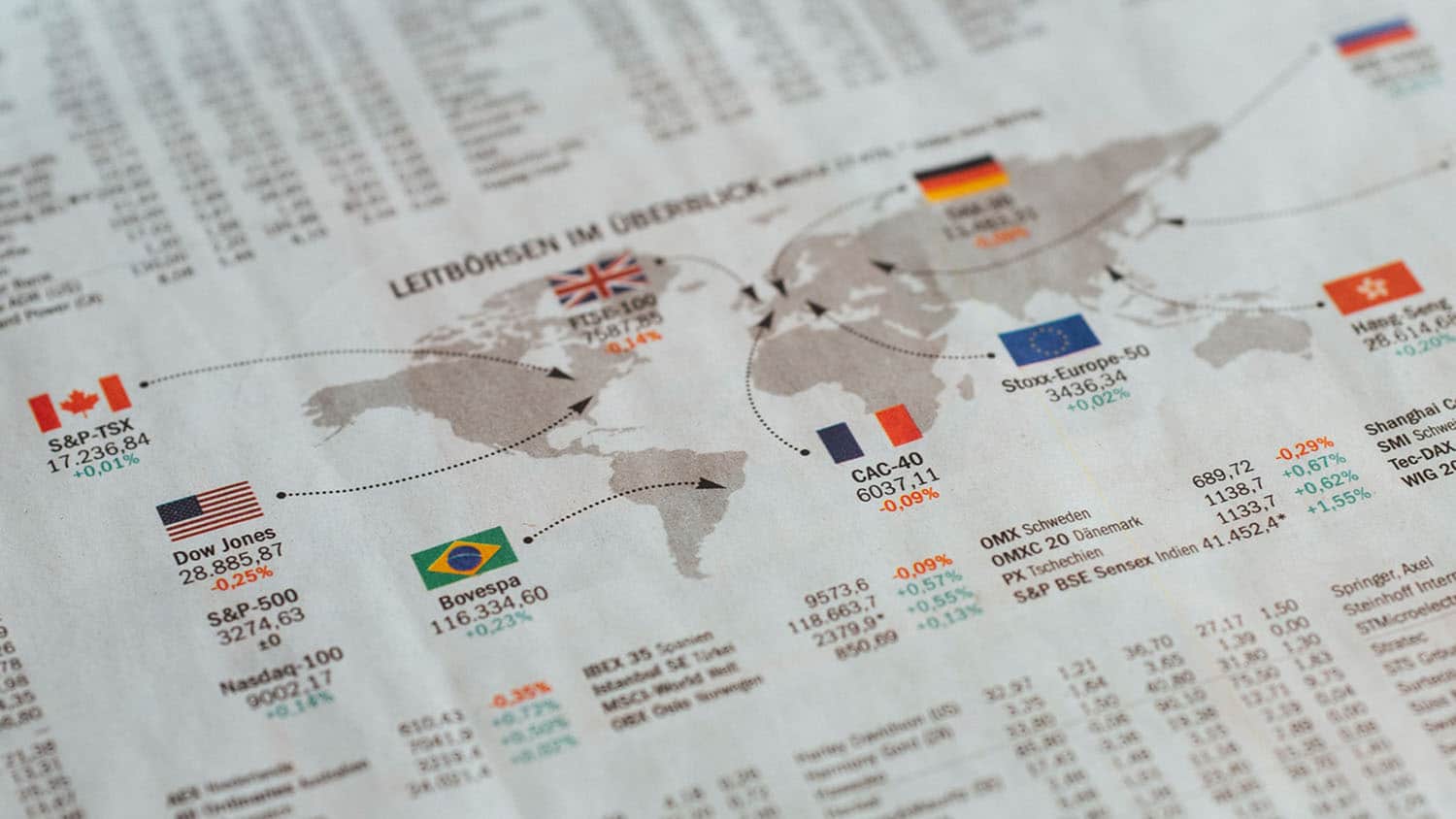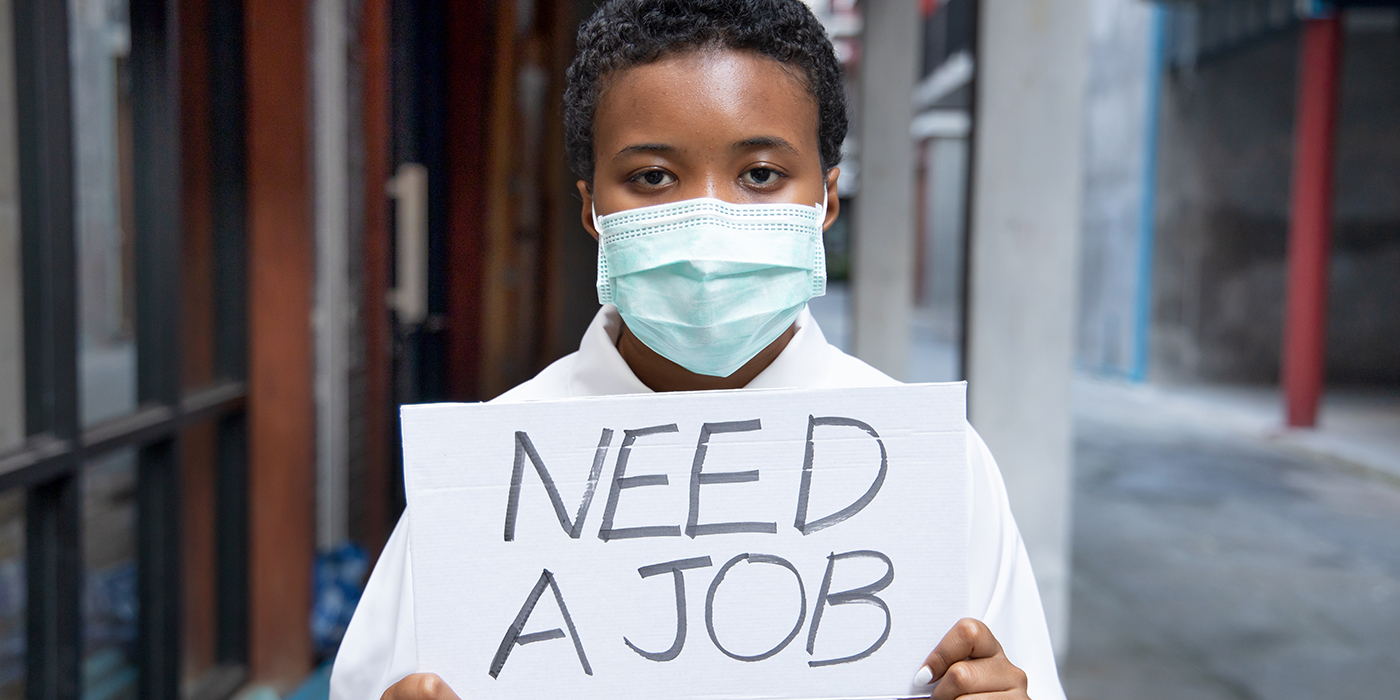Between 2018 and 2020, 1.4 million EU citizens signed the petition ‘End the Cage Age’, with the aim of ending cage housing for farm animals in Europe. In response to this citizens initiative, the European Parliament requested a study by Utrecht University researchers on the possibilities to end cage housing. On 13 April, the scientists...
Author: sp (sp )
Early Cannabis Use Linked to Heart Disease
Smoking cannabis when you’re young may increase your risk of developing heart disease later, according to a recent University of Guelph study. In the first study to look at specific risk indicators for cardiovascular disease (CVD) in young, healthy cannabis users, researchers found subtle but potentially important changes in heart and artery function. Cigarette smoking...
Having Employees Overseas Helps Companies Reap Us Tax Benefits
A recent study finds U.S. companies that have a substantial number of employees in foreign jurisdictions with lower tax rates are more likely than their peers to “artificially” locate earnings in those jurisdictions – and the Internal Revenue Service (IRS) is less likely to challenge these complex tax-planning activities. “Many politicians seek to encourage domestic...
People Want to Improve Mental Health by Exercising, but Stress and Anxiety Get in the Way
New research from McMaster University suggests the pandemic has created a paradox where mental health has become both a motivator for and a barrier to physical activity. People want to be active to improve their mental health but find it difficult to exercise due to stress and anxiety, say the researchers who surveyed more than...
“Look Before You Leap:” Cardiologists Warn About the Risks of Vaping
Electronic cigarette (EC) use, or vaping, has both gained incredible popularity and generated tremendous controversy, but although they may be less harmful than tobacco cigarettes (TCs), they have major potential risks that may be underestimated by health authorities, the public, and medical professionals. Two cardiovascular specialists review the latest scientific studies on the cardiovascular effects...
THC and CBD Content on Labels of Medicinal Cannabis Products May Not Be Accurate
Medical cannabis products are not always what they seem, according to a new study led by researchers at the Massachusetts General Hospital (MGH). In fact, the contents of these products can vary considerably from distributors’ claims, according to the study, published in JAMA Network Open. This is particularly important when THC, the metabolite responsible for the...
Living in a Majority-Black Neighborhood Linked to Severe Maternal Morbidity
Residents in majority-Black neighborhoods experience higher rates of severe pregnancy-related health problems than those living in predominantly-white areas, according to a new study of pregnancies at a Philadelphia-based health system, which was led by researchers in the Perelman School of Medicine at the University of Pennsylvania. The findings, published in Obstetrics and Gynecology, suggest that...
The COVID-19 Pandemic Has Been Linked with Six Unhealthy Eating Behaviors
A new probe into the lingering impacts of the COVID-19 pandemic revealed correlations to six unhealthy eating behaviors, according to a study by the University of Minnesota Medical School and School of Public Health. Researchers say the most concerning finding indicates a slight increase or the re-emergence of eating disorders, which kill roughly 10,200 people...
Black and Hispanic Women, Less Educated Workers Among Those Hardest Hit by COVID-19 Job Losses
Unemployment fell to 6% in March, according to an April 2 U.S. Department of Labor report. The strongest gains were in leisure and hospitality and construction. The news was better than expected, but aggregated data doesn’t always tell the full story according to economists at Washington University in St. Louis. The unemployment rate in March for...
When Parole, Probation Officers Choose Empathy, Returns to Jail Decline
Heavy caseloads, job stress and biases can strain relations between parole and probation officers and their clients, upping offenders’ likelihood of landing back behind bars. On a more hopeful note, a new University of California, Berkeley, study suggests that nonjudgmental empathy training helps court-appointed supervision officers feel more emotionally connected to their clients and,...










